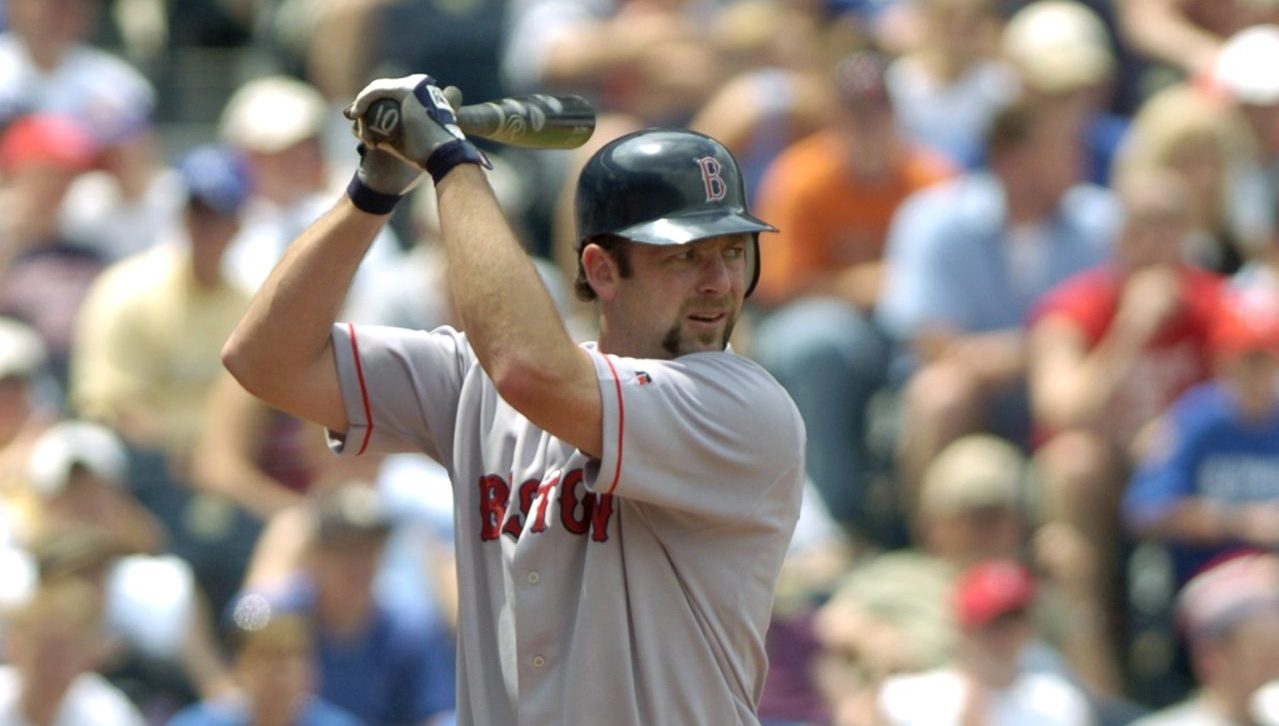
If you follow ESPN's Buster Olney on Twitter, you saw this early this morning:
There are a lot of good people with the Red Sox, but it's hard to imagine another group with more tension than what they have right now. Buster Olney (@Buster_ESPN) June 18, 2012
This came on top of an ESPN Boston report in which Olney described the Red Sox clubhouse as "toxic".
So maybe this next little bit has something to do with that and maybe it doesn't, but . . .
You know by now that, when it was determined Josh Beckett needed to go on the disabled list, the Red Sox asked Clay Buchholz to start in Beckett's place Sunday night. (Because the team had an off day on Thursday, Buchholz would have been pitching on normal rest.) But Buchholz said no, that after throwing 228 pitches in his last two starts (and 437 in his last four) he needed -- or wanted -- the extra time.
You know this because Bobby Valentine told the story to the media, thought he was careful to add, "I totally understand it."
So here's my question:
Boston Red Sox
Why'd he even bring it up?
By saying, basically, that Buchholz had refused to pitch when the team needed him -- even with the caveat at the end -- he allowed the Red Sox' numerous critics to resurrect the chicken-and-beer, what-a-bunch-of-selfish-jerks story line . . . as Michael Felger starts to do in the attached video at about the 1:30 mark.
Lou Merloni, however, goes in the complete opposite direction.
"If Bobby wants to call out a pitcher, he should just do it," Merloni said, later adding: "Either call him out, or don't . . . put your pitcher in that position."
And Merloni's right.
This sort of passive-aggressive sniping isn't appreciated by anyone. (How'd you like it if your boss did something like that to you?) Regardless of whether or not Buchholz' decision was right or wrong -- that's a different topic entirely, though I'm not entirely unsympathetic to Buchholz' position -- Valentine has put the onus for something he knows is going to be unpopular with the chicken-and-beer crowd and placed it squarely on the player's shoulders. And his little "I totally understand it" coda does nothing to change that.
If you have a problem with a player and you want to make your displeasure known, then say it. Clearly and openly. Don't throw rocks and then go scurrying back into a hole. Otherwise, keep it behind closed doors. Acting this way means the public -- already none-too-enamored with these Sox to begin with -- is going to get even more angry with the players. And that helps things . . . how? That calms the waters around this troubled team . . . how? Isn't a manager's job supposed to be to create an atmosphere in which it's possible to get the most out of everyone? Throwing someone under the bus publicly does that . . . how?
This isn't the first time Valentine's acted like this, and -- since past performance is the best indicator of future results -- we can be sure it won't be the last.
But if you're wondering why the Red Sox clubhouse is "toxic", well, maybe we just saw a reason why.


